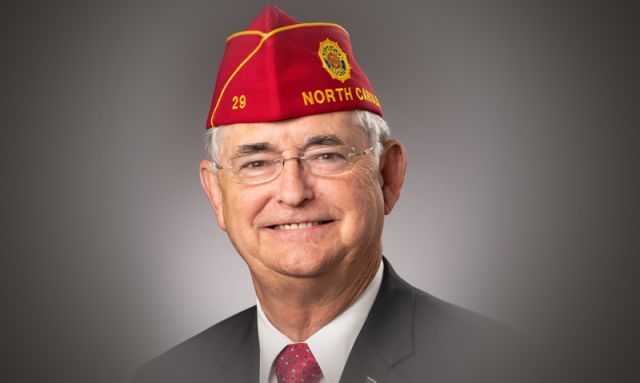
The American Legion has a problem with companies that separate veterans from their benefits by failing to provide quality education and training commensurate with their advertising.
Creation and passage of the Servicemen’s Readjustment Act of 1944 is one of the proudest moments in American Legion history. That pride compels us to correct any wrongs that might tarnish the GI Bill of Rights.
A recent Government Accountability Report examined how veterans are affected by school closures. It also broke down graduation rates of the top 50 schools receiving Post-9/11 GI Bill tuition and fee payments. While the average graduation rate among public institutions was 73 percent, the rate at for-profit schools was a dismal 22 percent. Even with a generous curve, most objective graders would consider that an “F.”
The American Legion has no issue with online learning or alternatives to traditional college classrooms. What we do have a problem with are companies that separate veterans from their benefits by failing to provide quality education and training commensurate with their advertising.
Sen. Patty Murray, D-Wash., pulled no punches in a 2018 op-ed on this subject for The Hill. “Time after time, many for-profit colleges sought out and targeted veterans who then used their hard-earned benefits, not to mention their time and energy, on a worthless program,” she wrote. “And that’s if they even were able to finish their coursework. When some for-profit schools abruptly shut their doors, veterans were left without a degree, and their GI Bill benefits used up. These corporations cut and run after receiving up to 100 percent of their revenue and profit from federal funding that taxpayers intended to help students, including our veteran and military-connected students, receive higher education and training.”
Enabling many of these schools is a well-intentioned federal regulation requiring them to obtain at least 10 percent of their revenue from sources other than Title IV education funds. The GI Bill and other military tuition-assistance programs fall within that 10 percent, making veterans particularly vulnerable to predatory marketing. We all know DoD and VA are funded mostly by federal dollars. Why the government allows schools to treat these revenue streams as private-sector dollars makes no sense.
In October, The American Legion’s National Executive Committee unanimously passed Resolution 15, which calls for legislation to support greater GI Bill outcomes by closing the 90-10 loophole.
While veterans who are scammed can sometimes recoup the benefits that were taken from them, the time and inconvenience required to do so can be major hardships for those trying to readjust to civilian life. It also adds significant costs for taxpayers.
The sudden closures of Corinthian Colleges in 2015 and ITT in 2016 affected more than 35,000 students. VA estimates that more than 7,000 were using Post-9/11 GI Bill benefits. Sadly, this pattern of failure has continued in 2019 with the closure of Argosy University and select Art Institutes. Many were surprised to learn that some of the credits they had earned were not transferrable to other schools. Moreover, exasperated students often turned to unnecessary student loans to undo the damage.
One of the major goals of the GI Bill was to help veterans transition to post-military careers by opening the doors for higher education and
vocational training without incurring personal debt. The American Legion remains committed to this sensible goal. Is Congress?
- Magazine

